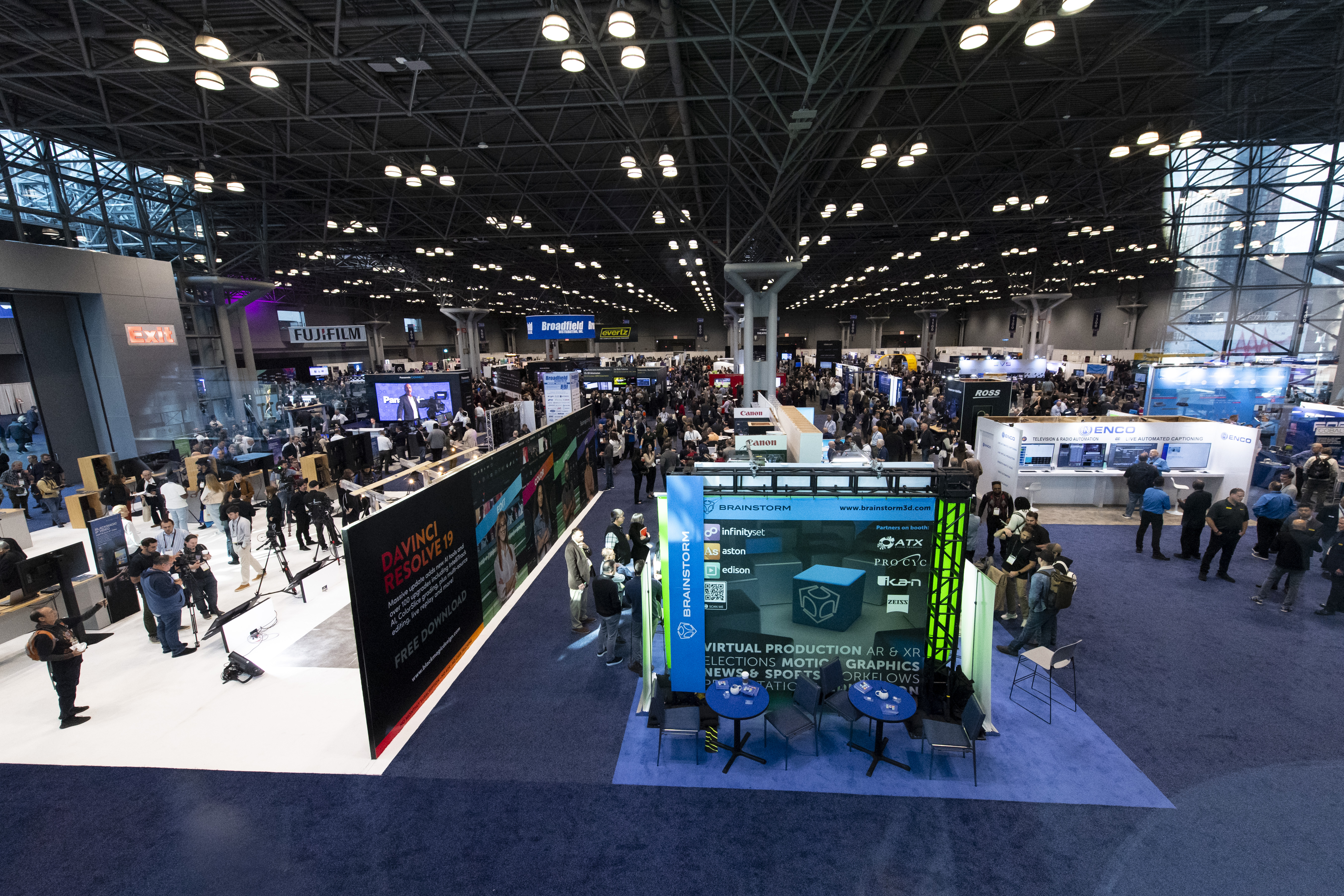All You Need is Cash
I just read Bob Woodward's new book "Bush at War." I was struck by how much you can get done with cash.
Jawbreaker, the first CIA team to hit the ground in Afghanistan shortly after 9/11, had millions of U.S. dollars, in cash, to put on the table for opposition forces. Millions. My first thought was, how in the world is their boss going to get their expense account through?
Production crews don't usually have to travel with several gear cases full of cash, but when you're sending crews abroad you do have some concerns about paying for everything, ad accounting for it.
A PERFECT WORLD
I guess that the perfect traveling situation, from a management perspective, would be where you could pay for everything ahead of time. There would be no surprise costs, no cash advanced to the employees, no expense account to be filed at the end, no lost receipts. Everything would be neat.
That's not the real world however, and after a recent trip to several countries in Africa I've come to find out the real world is even less "neat" than I thought.
Okay. If you can't have everything settled and billed ahead, maybe at least you could do plenty of research on what things were going to cost. Then you could pay for everything by credit card so there's some follow-up paperwork on the transactions. Plus, the credit card companies translate all the Tanzanian shillings and Malawian kwachas into U.S. dollar amounts at what I've usually found to be the best "official" currency rate available.
All of that's great, if you can find a place that takes credit cards. My most recent experience in Africa found that credit card acceptance is less than universal.
First, with all apologies to American Express, we found you're much more likely to have VISA and MasterCard accepted than an American Express card. And there were plenty of places that didn't take any credit cards.
We found that cash is what people and businesses are interested in. And in Africa, at least where we traveled, they're most interested in U.S. currency.
(This raises a whole discussion of the black market that I'm not qualified to discuss. But basically, the difference between the black market exchange rate and the official exchange rate is the reason why U.S. dollars are so popular, and necessary.)
In Zimbabwe, they call their currency dollars too. The difference between their dollars and those from the U.S. is that no one in Zimbabwe wants their dollars; they want dollars from the U.S.
Wait a minute, you say "no one? Not even the government?"
Consider this: We had to pay a $20 admission fee to the park to see Victoria Falls. That park is owned and administered by the Zimbabwe government. That government-owned park does not accept Zimbabwe dollars from foreigners. They want U.S. dollars.
For two of us, we gave them a fifty. We got a ten-dollar bill in change. That was a relief, because getting change back in dollars is rare, and not just in Zimbabwe. That's why you need to carry not just cash, but cash in small denomination bills. That way if you're forced to take worthless change back, it'll be for less than a dollar, so who cares?
There are businesses that will take both Zimbabwe and U.S. dollars, but they'll normally give you an exchange rate of 20 times the official rate if you do business in U.S. dollars.
You'd be correct in pointing out that carrying a lot of cash is not safe. But if you think travelers' checks are the answer, my recent experience tells me you're off base.
Using Zimbabwe as an example, no one but the banks would accept travelers' checks. The banks redeem travelers' checks in Zimbabwe dollars only. Those are the same Zimbabwe dollars that the Zimbabwe government won't accept for payment. Where we could spend Zimbabwe dollars, we paid 20 times what we would have paid in U.S. currency.
CREDIT WOES
Debit cards aren't the answer in a country like Zimbabwe either. They work at ATM machines there, but the problem is the same. Cash is withdrawn from your account in U.S. dollars, but dispensed to you, at the official exchange rate, in the local currency.
If we'd paid by credit card, the same thing would have happened. Credit cards are exchanged at the official rate. Luckily, our hotel bills (except for incidentals) had been paid for ahead of time, dollar denominated. You want to pay incidentals in cash, U.S. cash.
Now, not only do you want to have plenty of U.S. cash, a lot of it in small denominations, you also want to have the new type of bills. I had a terrible time getting anyone to take an old-style $50 bill I had taken in change earlier in the trip. The counterfeit proofing that the government put into the new bills is not just popular, it's demanded in much of Africa.
So, the secret in a place like Africa is a lot of cash, cash in small bills, and the new-type bills. It may not be safe to carry around all that currency, but it may also be the only way to operate. Now all you have to do is figure out how to get your crew's expense report through.
(Incidentally, in Woodward's book Gary, the CIA agent in charge of the Jawbreaker team, says television gets it all wrong when they show a million dollars in hundreds in a briefcase. Apparently that much money takes up a lot more space. He should know.)
The professional video industry's #1 source for news, trends and product and tech information. Sign up below.
